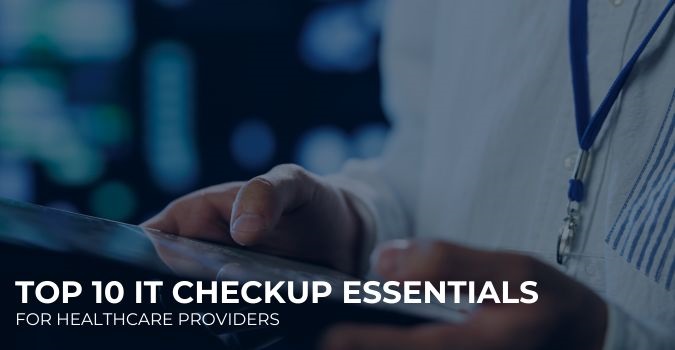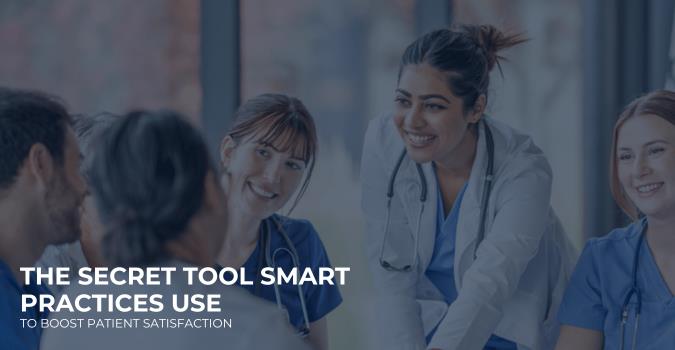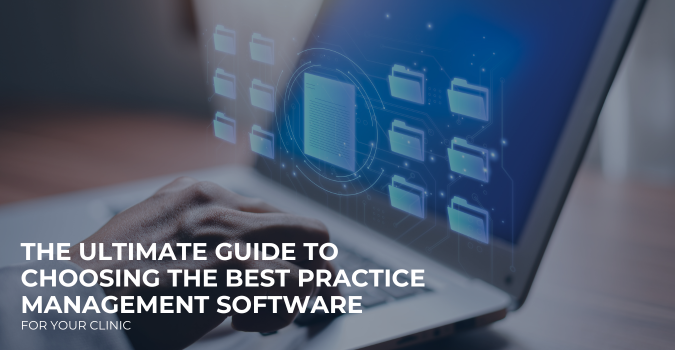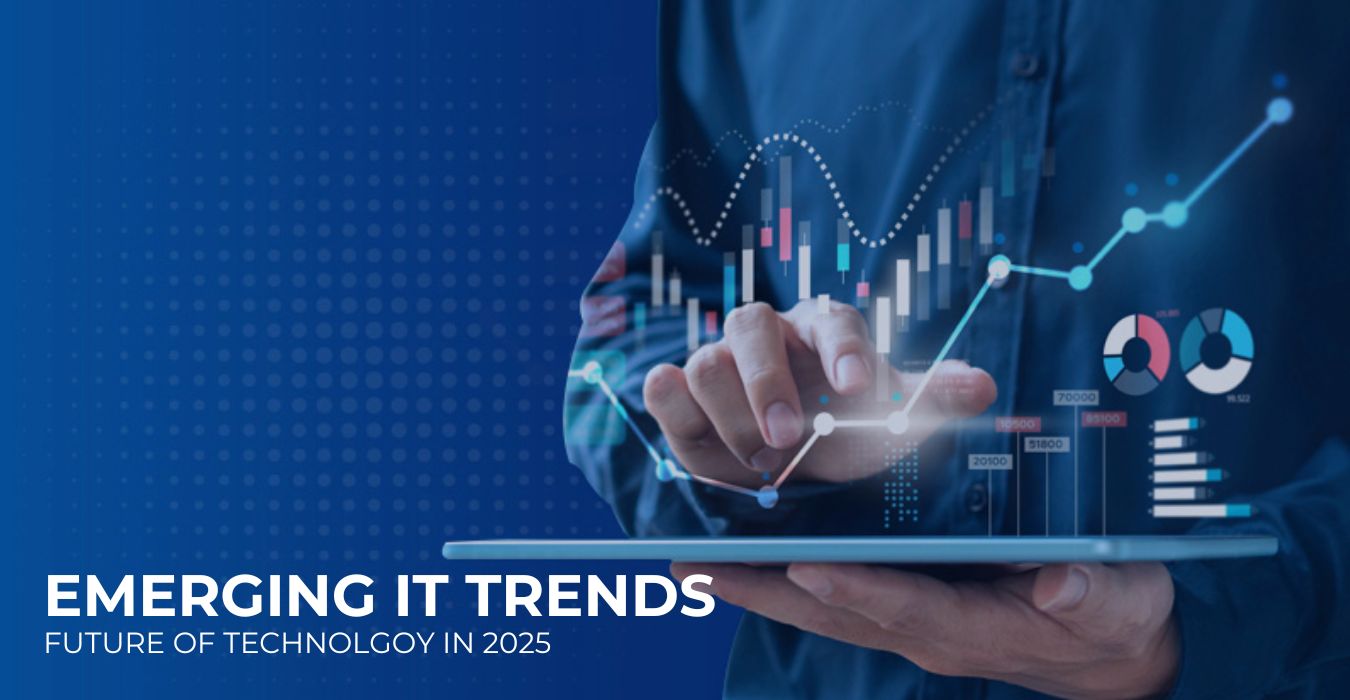In today’s fast-paced digital world, patients expect the same level of convenience and accessibility from…

Top 10 IT Checkup Essentials for Healthcare Providers
The healthcare industry is heavily reliant on technology to manage patient data, streamline operations, and ensure high-quality care. However, with the constant evolution of IT systems and cybersecurity threats, it is crucial for healthcare providers to stay on top of their IT infrastructure to avoid potential disruptions and data breaches. In this blog, we will outline the top 10 IT checkup essentials for healthcare providers to ensure their IT systems are running smoothly and securely.
Top 10 IT Checkup Essentials
Here are the top 10 IT checkup essentials for healthcare providers to ensure their technology infrastructure remains robust and effective.
1. Data Security and Encryption
Ensuring the security of patient data is paramount. Encrypting data both at rest and in transit protects sensitive information from unauthorised access. Regularly update encryption protocols and ensure all devices, including mobile ones, adhere to these standards.
2. Network Infrastructure Assessment
Conduct thorough assessments of your network infrastructure to identify any bottlenecks or vulnerabilities. This includes checking the health of routers, switches, and firewalls. A well-maintained network ensures smooth data flow and minimise downtime.
3. Backup and Disaster Recovery Plan
Regularly test your backup and disaster recovery plans to ensure data can be quickly restored in case of an emergency. This includes validating backup integrity and updating recovery procedures to reflect any changes in the IT environment.
4. Software and Hardware Updates
Keep all software and hardware up to date with the latest patches and updates. This reduces the risk of exploitation by cyber threats and ensures compatibility with new technologies. Schedule regular reviews to identify outdated equipment that may need replacement.
5. Compliance Audits
Healthcare providers must comply with various regulations such as HIPAA. Regular compliance audits help identify areas of non-compliance and implement necessary changes to avoid penalties. Ensure all electronic health records (EHR) systems are up to standard.
6. User Access Management
Implement strict user access controls to limit access to sensitive data based on role requirements. Regularly review and update user permissions, and ensure that inactive accounts are promptly deactivated to prevent unauthorised access.
7. Network Monitoring
Continuous network monitoring helps detect unusual activity that could indicate a security breach. Use advanced monitoring tools to track network traffic, identify anomalies, and respond swiftly to potential threats.
8. Incident Response Plan
Develop and regularly update an incident response plan to address security breaches or IT failures. This plan should include procedures for containment, eradication, recovery, and communication. Conduct drills to ensure staff are familiar with their roles during an incident.
9. Endpoint Security
Ensure all endpoints, including computers, mobile devices, and IoT devices, have up-to-date security measures in place. This includes antivirus software, firewalls, and regular vulnerability assessments to prevent unauthorised access.
10. Training and Awareness
Continuous training for staff on cybersecurity best practices is crucial. Conduct regular awareness programs to educate employees about phishing, social engineering, and other common threats. A well-informed team is the first line of defence against cyber attacks.
Conclusion
Regular IT checkups are essential for healthcare providers to maintain secure, efficient, and compliant IT systems. By following these top 10 essentials, healthcare organisations can safeguard patient data, ensure uninterrupted service, and stay ahead of potential threats.
Partnering with MedicalIT.Services
For a comprehensive IT checkup and expert guidance on implementing these best practices, consider partnering with a trusted healthcare IT service provider like MedicalIT.Services. Their team of specialists can help you optimise your IT systems, safeguard your data, and ensure your organisation thrives in the ever-evolving digital healthcare landscape.
Also Read:




